Introduction to Irregular Verbs
Irregular verbs don’t follow the usual rules for changing tense. Irregular verbs are unique and often require memorizing like “go” is “went”.
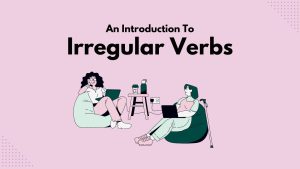
Irregular verbs don’t follow the usual rules for changing tense. Irregular verbs are unique and often require memorizing like “go” is “went”.
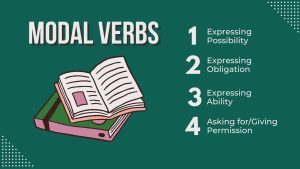
Modal verbs are special verbs that add meaning to the main verb in a sentence. They show possibility, ability, permission, or obligation.

For anyone who wants to learn English, this is one of the best ways to practice speaking English. Here’s my personal experience.
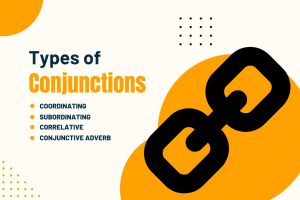
Conjunctions show the relationship between ideas, making our writing easier to understand. Learn about the types of conjunctions.
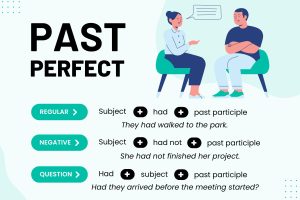
The past perfect tense talks about actions completed before another past moment. It helps understand the sequence of past events.

We use the future perfect tense when there is an action that will be finished by a certain time – “By 2030, we will have landed on Mars.”
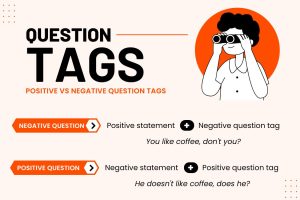
Question tags turn statements into questions. They add a friendly touch because they show we’re interested in others’ opinions.
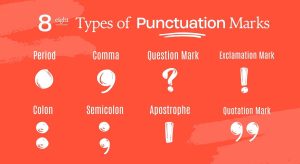
Learn the types of punctuation marks, which are like traffic lights for writing. From periods to commas, they help us organize our writing.
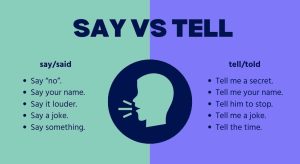
“Say” and “tell” are both verbs we use for communication. “Say” focuses on the words spoken. “Tell” needs someone to receive the info.

The present perfect tense form combines “have” or “has” with the past participle of a verb. It shows actions that are finished in the present.